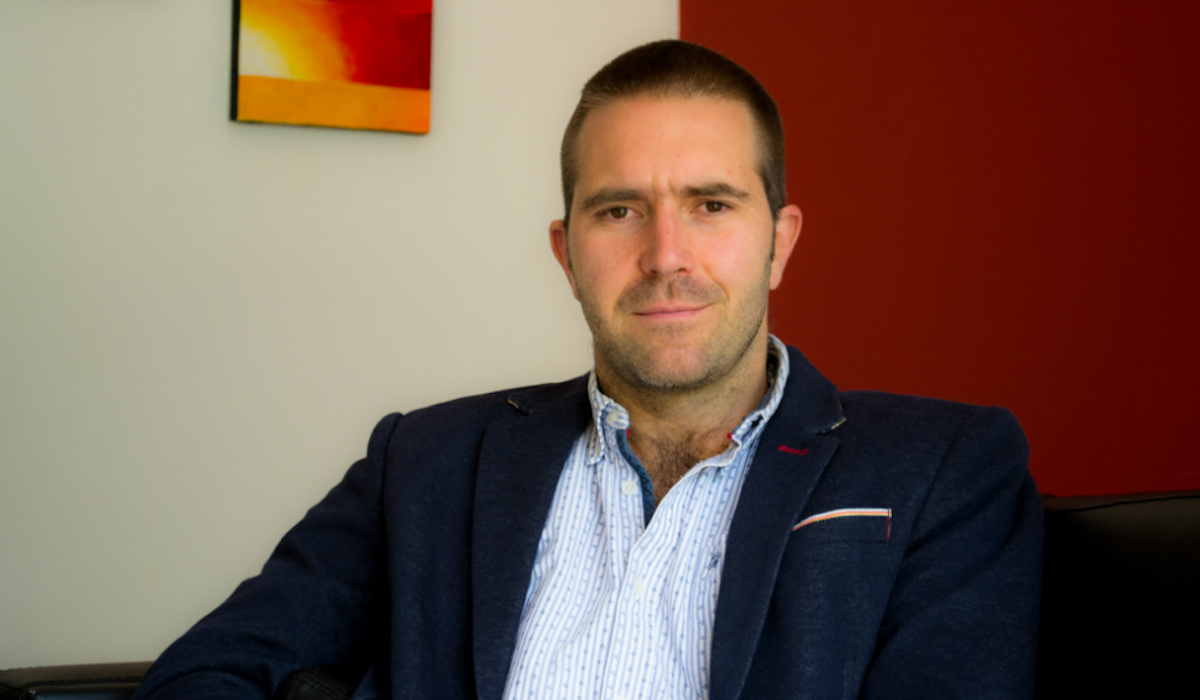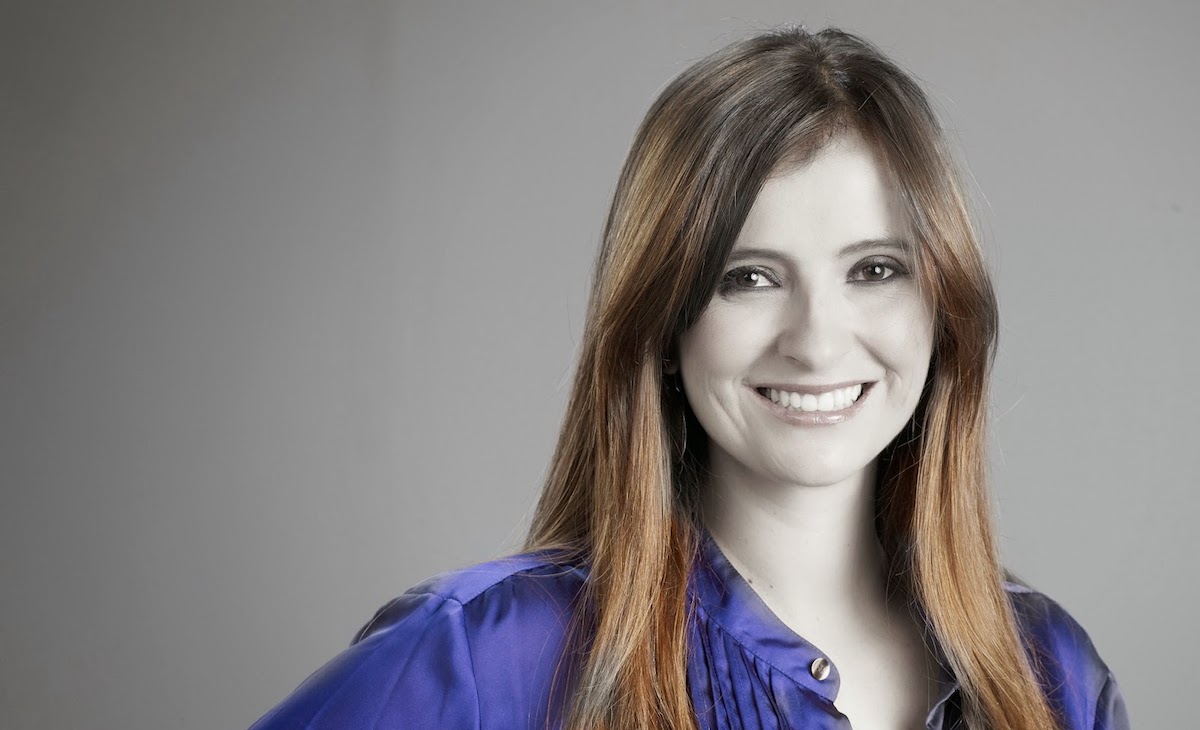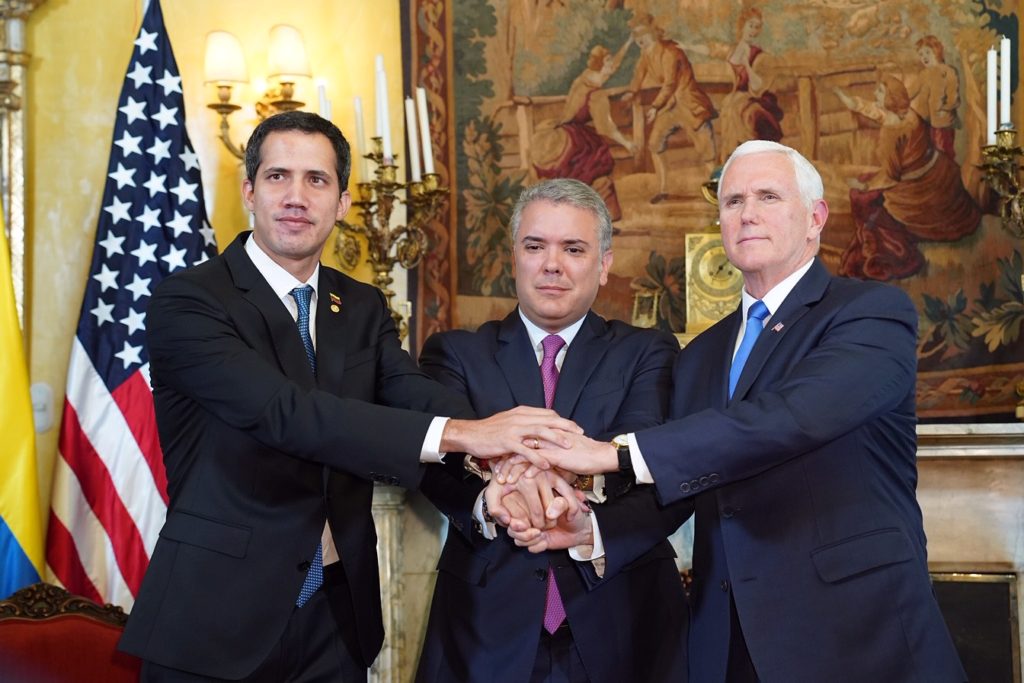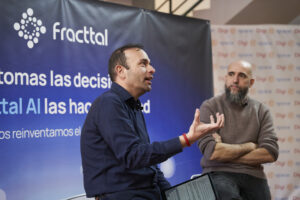With more than 20 candidates declared for the forthcoming 2018 Colombian national elections, and with voter opinion split, the outcome remains uncertain. For the moment, candidates will be fighting to win their own party nomination. This process and timeframe various for each party, however the “Centro Democrático”, founded by former Colombian President Álvaro Uribe, will be the first to decide on November 25th.
Five candidates are competing for the Centro Democrático party nomination, including Carlos Holmes Trujillo, Paloma Valencia, Iván Duque, Rafael Nieto and María del Rosario. Álvaro Uribe, whose support is critical to any candidate receiving the nomination, has yet to show any public preferences for the party’s candidate. Political analysts, including Universidad del Norte’s Carlos Arias, believe that Uribe is waiting for the list of presidential candidates to settle and for the candidates to publicly define their policy proposals.
One of the greatest concerns for Centro Democrático is the polarization of their member’s ideologies. The party has united around their strong stand against terrorism and crime in Colombia, but has not taken an official stand on issues such as political corruption, and social issues such as gay marriage, abortion, and the separation of church and state.
The radicals of the party are said to include Alfredo Rangel, José Obdulio Gaviria, Fernando Lodoño and Paola Holguin, while the party centrists are Paloma Valencia, Iván Duque and Carlos Holmes. Ms. Valencia has differed with her party on many issues, including her stand for environmental rights and the legalization of marijuana.
However, regardless of which candidate is chosen, the party and candidate’s stand against the Havana accords, signed by the government in 2016 with the FARC terrorist group, are a uniting issue. More than 50% of voters rejected the accords in a nationwide referendum, and it is expected that many of them will support the Centro Democrático candidate.
One candidate who may draw support away from the party is Alejandro Ordoñez, a rightwing radical who has continued to find popular support and collect signatures. Ordoñez, who is most famous for the “book burning” incident in which he burned thousands of books with liberal ideology, also publicly opposed the accords and is said to have close to 390,000 signatures. Conservative María Lucía Ramírez also opposed the accords.
While most expect the Centro Democrático candidate to be selected by Álvaro Uribe himself, many analysts suspect that Uribe will expand his party alliance to encompass the right wing, including conservatives such as Ramírez and Ordoñez. Such an alliance would be strategically important, as it would effectively turn the election into a second referendum on the peace accords, which are wildly unpopular in the country.
Some, like political analyst and journalist Pedro Medellín Torres, believe that Uribe will select Marta Ramírez as his presidential candidate with Iván Duque as vice president. However, given Ms. Ramírez low popularity as a candidate, most deem that to be unlikely.
The final decision will be taken on November 25th. Until then, political polling and popular opinion are likely to be the most critical factor in forming Uribe’s opinion.







